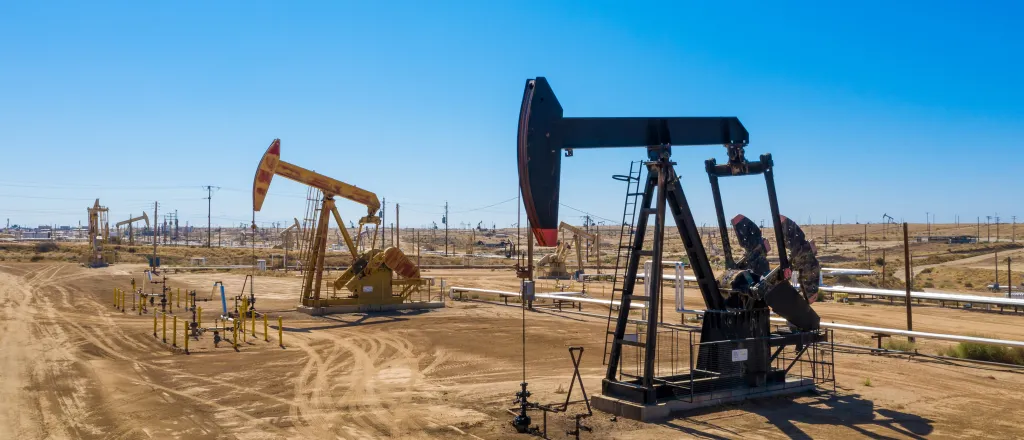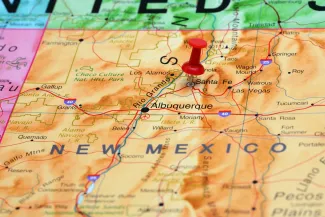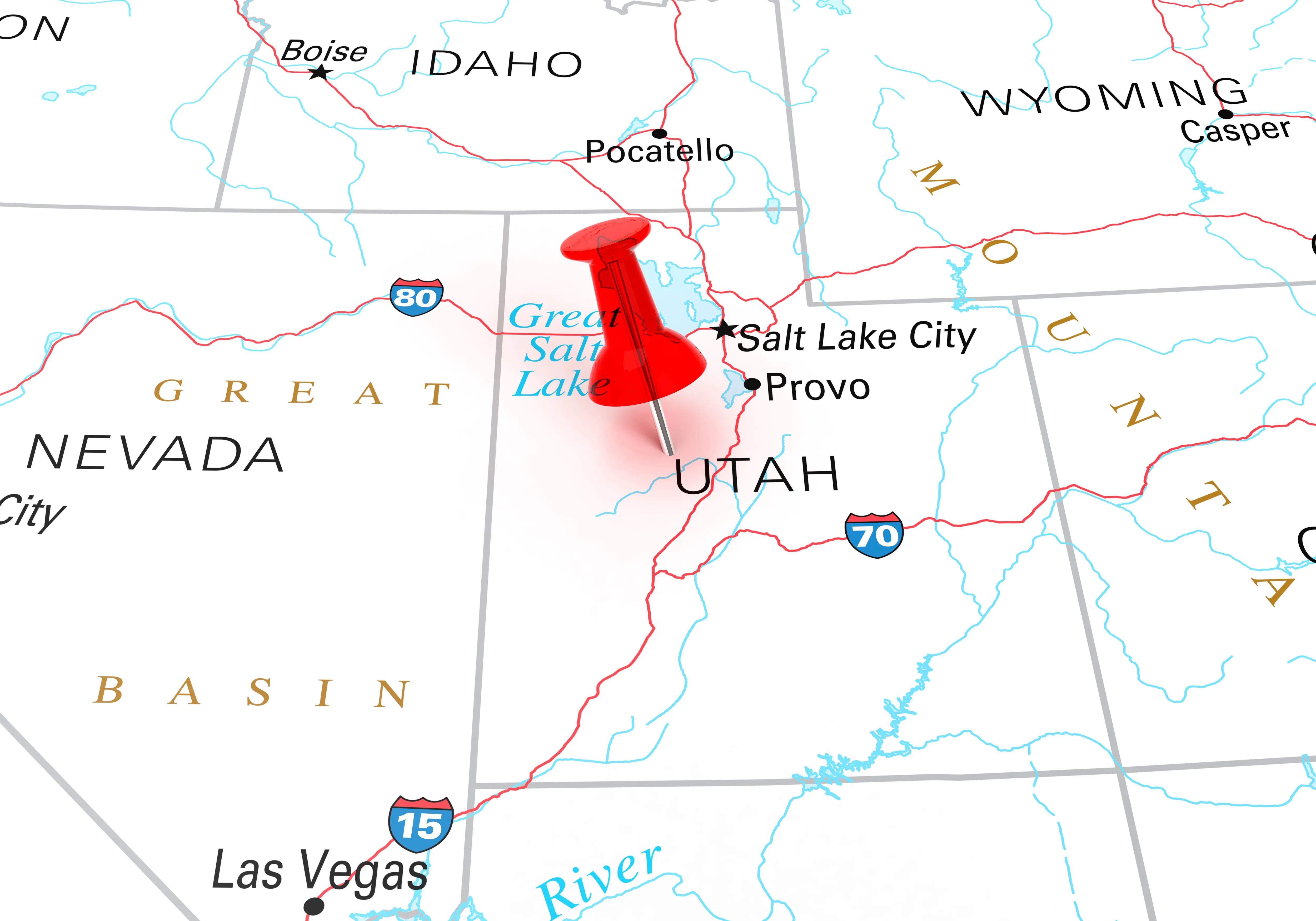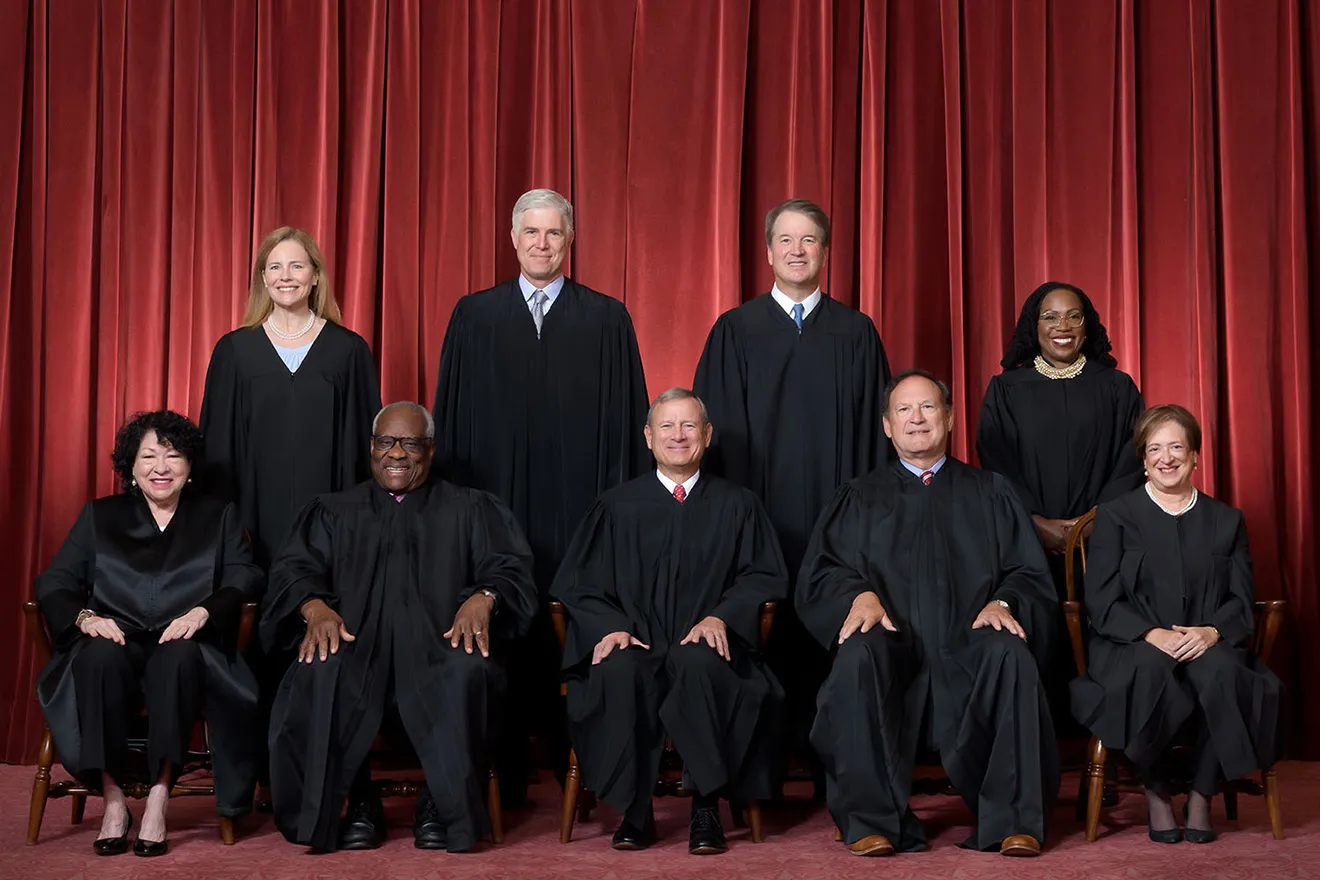
New Mexico’s Organ Mountains-Desert Peaks targeted for energy development
Click play to listen to this article.
The sale of public lands along with a rollback of protections for national monuments is back on the table now that Republicans control both houses of Congress.
During his first term, President Donald Trump unsuccessfully tried to reduce the size of national monuments in Utah and Nevada. The Washington Post set off alarm bells last month after it reported that New Mexico's Organ Mountains-Desert Peaks is among the six national monuments the Trump administration is considering for energy development.

Mark Allison, executive director of New Mexico Wild, said it is a complicated issue.
"We see attempts through the courts, the House rules process, through budget reconciliation and even federal legislation where they're trying to either turn what are public lands over to states or actually directly privatize them and sell them off to the highest bidder," he explained.
That came to pass last week when the House Natural Resources Committee passed legislation to sell or transfer 460,000 acres of federal lands in Nevada and Utah to local governments or private entities.
In the 2025 State of the Rockies survey, 72 percent of residents polled in eight Western states said they would prefer their member of Congress emphasize protecting clean air, water and wildlife habitat while boosting outdoor recreation over maximizing the amount of public land used for oil and gas drilling.
That was a 2 percent increase from the year before. But Allison fears public sentiment consistently expressed in the annual Colorado College poll could be ignored.
"If this comes, we want to be ready to have just an overwhelming and immediate response to tell the administration that we stand by our monuments in New Mexico and don't want to see them harmed," he added.
In the final days of his administration, President Joe Biden designated more than 600,000 acres of desert east of California's Coachella Valley as the Chuckwalla National Monument. But a Texas-based group has filed a lawsuit to stop the designation, arguing the president overstepped his authority.
















